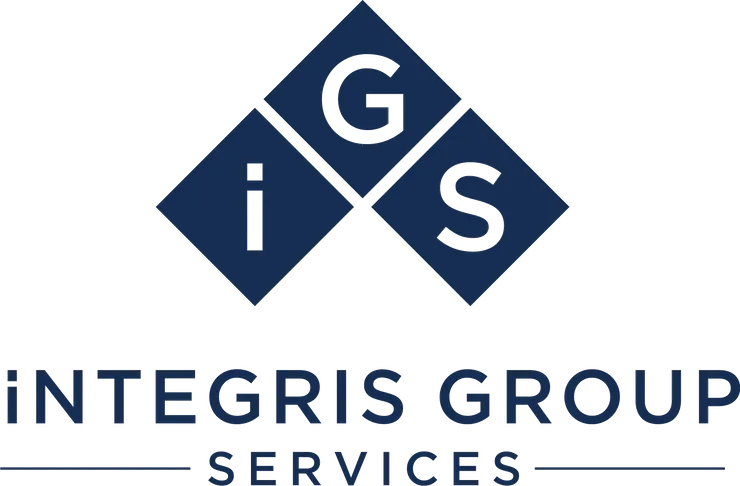We supported development of Organisational Growth Strategies and strategic Due Diligence for Company Merger/Acquisition.
The Problem
Our client was a “start-up” within a large-scale organisation who have exclusive access to highly valuable data, and were looking to unlock opportunities to “productise” services and insights using this data for government, business and consumers.
The challenge the client faced was that the ramp-up revenue trajectory of the five-year budget was rapid from the second year onwards, set and embedded in wider organisational targets and promoted/communicated to stakeholders and shareholders.
With year 1 fast nearing completion, the head of the team was looking for opportunities to accelerate revenue to meet targets.
Consequences
As the team were a “start-up” within a mature organisational structure, there were “cultural” clashes that lead to communication barriers, as well as a different risk profile for the usability of the data within new products.
Additionally, the team were leveraging business partners within the wider team that had competing priorities and other obligations. This meant that the “pace” that our client wished to move was faster than could be sustained by the organisation, leading to rework or double-handling of effort and activities.
Finally, the team were enthusiastic but hadn’t operated together for an extended period as a team, leading to internal differences in approaches that also had to be managed, whilst trying to grow.
Our Solution
Working with the head of the department, Integris Group Services developed a growth framework focusing on:
- Organic Growth Opportunities
- Inorganic Growth Opportunities, and
- Partnership Opportunities
We identified key opportunities to accelerate revenue, through investment, changes in process or through leveraging adjacent opportunities within these three categories.
This also involved an analysis of the current budget and assumed revenue sources to identify any expected shortfalls, and quantify the difference to be made through prospective accelerators.
Each accelerator was then costed and an estimated implementation timeline was developed. This helped identify which levers would provide the most value for money/effort, including resource uplift (e.g. sales teams, product development).
The accelerators were then validated by Integris Group Services with the client team members. With feedback then incorporated by our team, were summarised for review by the department head, for presenting to executive for investment to accelerate.
Benefits
Our client were able to access and consider nine (9) levers to activate in order to accelerate, each of which had cost, risk and time to return on investment quantified for consideration.
The team could also consider the “scalability” of growth based on multiple levers to ensure that budgets were met, with a series of recommended approaches by our team, including:
- Impact on budget for years 2-5 under a scenario of no investment in accelerators (primarily for benchmarking),
- Which configurations of levers would meet the budgeted revenue targets and profit margins (considering shortfalls in assumed revenue from existing or in-place products), and
- An alternative approach of implementing lower-cost levers in years 2-3 (demonstrating reliability in the action plan) before investing more in years 4-5 to get the budget back on-track.

